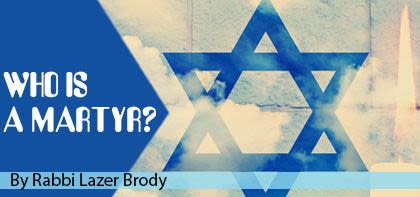
Who is a Martyr?
Can a person who violated Torah in any way be considered a martyr? What's the status of fallen IDF soldiers, those who died in the Holocaust and the Pittsburgh Eleven?

Question: Can a person one who violates Torah in any way be considered a martyr? What’s the status of fallen IDF soldiers, those who died in the Holocaust and the Pittsburgh Eleven?
Answer:
After the October 27, 2018 Pittsburgh massacre, I wrote about the dangers and damages of baseless hate. I also mentioned that the 11 victims from the “Tree of Life” Conservative Synagogue in Pittsburgh were all martyrs. A chorus of voices rang out against me asking how I can call Jews who violate laws of Torah, “martyrs.” Many other people were confused, swayed by the zealous voices. I promised to deliver an orderly response to the bewildered, which I present here, with Hashem’s help. Nothing here is my opinion, but totally the rulings of our great rabbinical lawgivers, particularly those of contemporary times who understood the challenges facing the post-Holocaust era.
In last week’s article, I discussed the Halachic ramifications of tinok shenishba, the “baby in captivity”, so we’ll now answer the question of a tinok shenishba who was killed because he was a Jew, such as a Holocaust 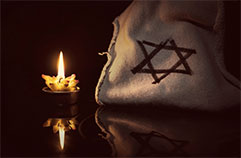 victim, an IDF soldier killed in action or terror victims in particular, such as the Pittsburgh eleven, may Hashem avenge their blood. Are they martyrs according to Halacha?
victim, an IDF soldier killed in action or terror victims in particular, such as the Pittsburgh eleven, may Hashem avenge their blood. Are they martyrs according to Halacha?
The “Shomrei Emunim” Rebbe, Rebbe Aaron Roth osb”m, rules:[1] “Any Jew who suffers at the hand of an anti-Semite is absolved of all sin and his sorrow ascends to the Heavenly Throne. The Divine Presence shares in his sorrow. The Almighty puts the portrait of such a victim in His porfira[2]. And, if Heaven forbid, the Jew – even a wicked sinner – was killed by the anti-Semite, all his sins are forgiven and he is deemed a martyr, which is not the case when a sinner is killed in a different manner and not by an anti-Semite.
Rabbi Shimon bar Yochai elaborates in great detail the honor that the martyred soul merits in Heaven.[3]
The “Reishit Chochma”, famed Kabbalist and lawgiver Rabbi Eliahu Vidash osb”m, one of the prime disciples of the holy Rabbi Moshe Cordovero osb”m, lists twelve types of tribulations that save a person from ever seeing purgatory. The eleventh is death in sanctification of Hashem’s Name, even for a sinner, for “there is no greater teshuva than this.” In other words, the sinner who died in sanctification of Hashem’s Name is a martyr; all the more so if he was a tinok shenishba who is considered an accidental sinner and not an intentional sinner.
If that’s not enough, the Gemara tells the story of Ketiya bar Shalom, a non-Jew who was killed because he helped the Jews.[4] From this precedent, any non-Jew such as a non-Jewish IDF soldier who was killed in defense of, fighting for or helping Jews enjoys martyr status.[5]
With the above in mind, a tinok shenishba carries all the privileges of an observant Jew: one may not speak badly about him or hate him. One may not disparage him or cheat him. One must love him as any other Jew. And, if he died a martyr’s death, as the Pittsburgh eleven did, we must treat their holy memories as martyrs, just as we do any fallen IDF soldier or Holocaust victim.
Summary:
1. Any child that failed to receive a Torah and emuna education is deemed a tinok shenishba – as a non-Orthodox adult, he or she has the status of an accidental sinner, and not of a willful sinner or an apostate.
2. Any Jew – even a wicked sinner – who was killed as a Jew by an anti-Semite, all his sins are forgiven and he is deemed a martyr.
3. Any non-Jew such as a non-Jewish IDF soldier who was killed in defense of, fighting for, or helping Jews, enjoys martyr status.
May we all love one another and may we soon see the full redemption of our people Israel, the coming of Moshiach and our rebuilt Holy Temple in Jerusalem, speedily and in our days, amen!
Watch Rav Brody’s video on this topic:
[1] Shomer Emunim, Hashgacha Pratis, Ch. 10
[2] See Zohar, Breishit 38b – this is the cloak that the Almighty dons on the day that He judges the anti-Semites
[3] Ibid.
[4] AvodaZara 10b
[5] A point I clarified with a number of poskim, including Dayan Elchonon Elgorod shlit’a from Jerusalem and the Melitzer Rebbe shlit’a from Ashdod.


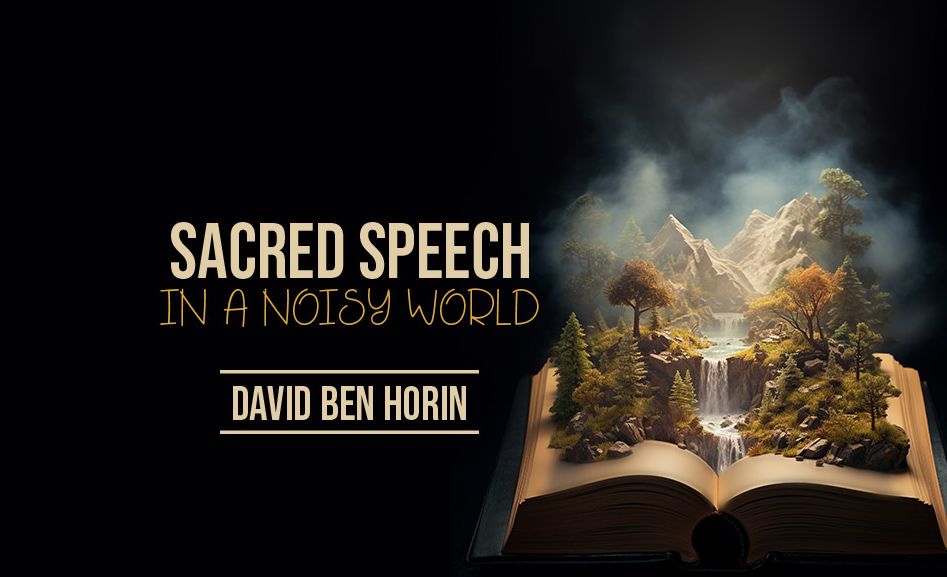
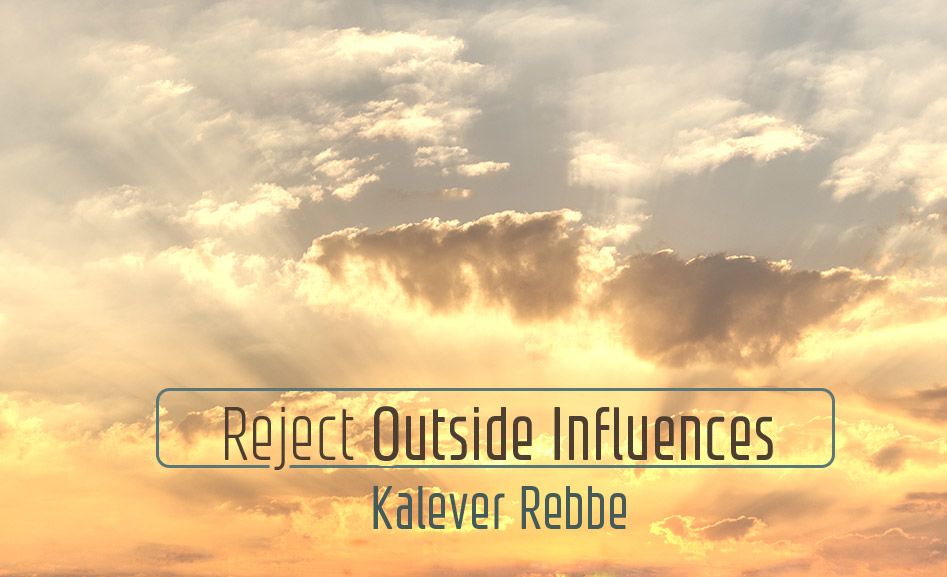
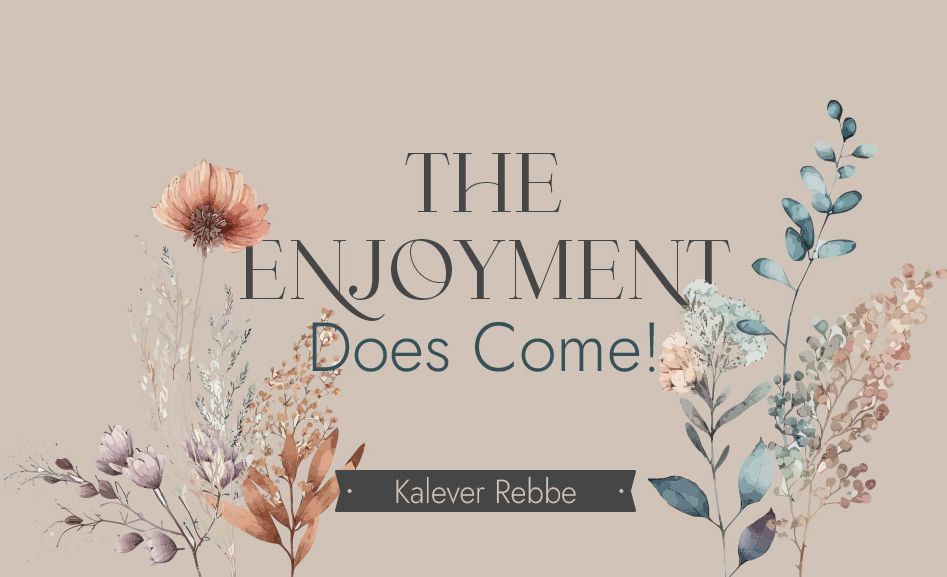
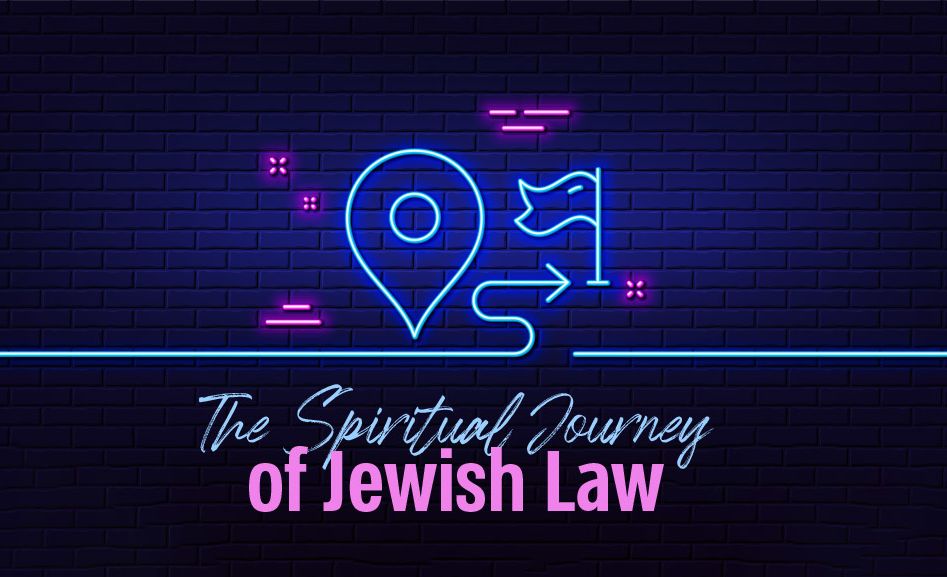
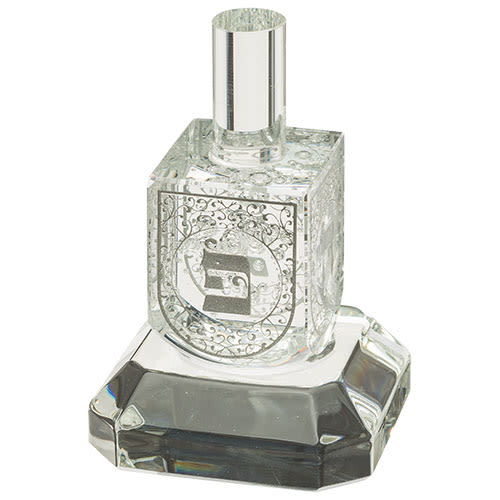
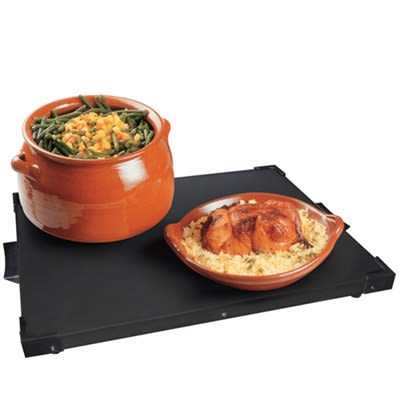
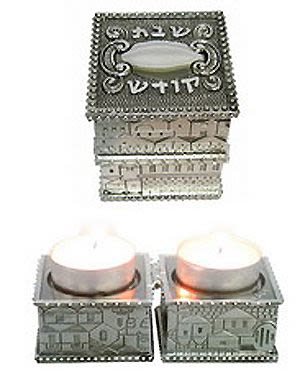
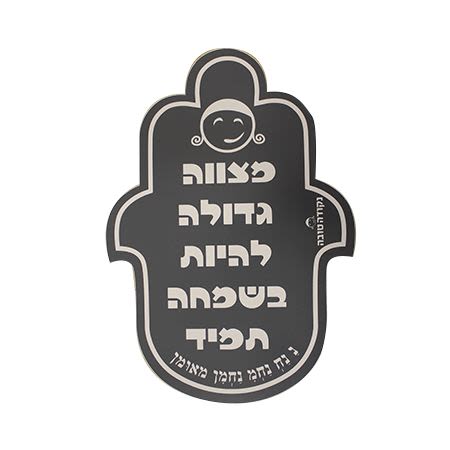
Tell us what you think!
Thank you for your comment!
It will be published after approval by the Editor.